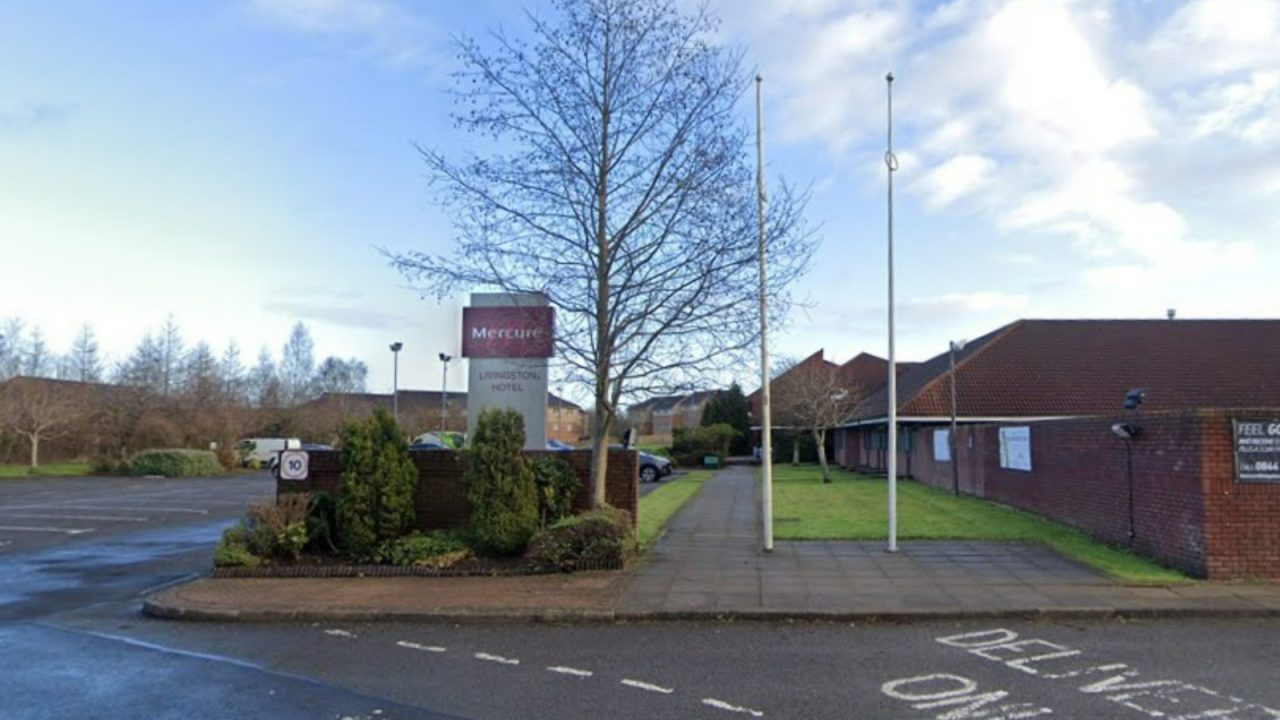Scottish ministers must clarify “as a matter of urgency” if unaccompanied children seeking asylum have been placed in hotels in Scotland, a Holyrood committee has said.
MSPs on the Equalities, Human Rights and Civil Justice Committee heard “conflicting evidence” on this.
A report, produced by MSPs following an inquiry into asylum and immigration, said local councils had told them that “there are no unaccompanied children living in hotels in Scotland”.
But they said this conflicted with the evidence heard from the charity JustRight Scotland, with the committee “frustrated that it was not able to clarify whether or not this is the case”.
The MSPs called on the Scottish Government to investigate the matter “and provide clarification on this issue as a matter of urgency”.
It comes as they raised “particular concerns” about the impact the UK Government’s Illegal Migration Act will have on unaccompanied children seeking asylum, saying the legislation includes a power to remove them from their local authority areas.

The Scottish Government was challenged to set out “plans on how it will safeguard children including unaccompanied children in Scotland in light of this new power”.
While both immigration and asylum are matters reserved to the UK Government, the committee looked at how the Government at Holyrood can use its devolved powers to support refugees and asylum seekers living in Scotland.
The MSPs said they were deeply concerned” that the practice of housing asylum seekers in hotels was “becoming normalised” and “increasing and for longer periods of time”.
They heard of the case of a woman and her two young children who spent eight months in a hotel – with the children becoming unwell because of a lack of fresh, nutritious food.
In June, more than 600 migrants in Scotland were living in hotels, but the committee report made clear that using such forms of “institutional accommodation are inappropriate”, with MSPs insisting this should be a temporary measure only used when absolutely necessary.
Housing people in this way has a “significant negative impact” on both families and on individuals’ mental health and well-being, the report warned.
With some of those in hotels “in rooms that have been described as their cells” the committee was told that providing free bus travel for asylum seekers “would literally save lives”.
The MSPs agreed extending free bus travel to all asylum seekers would be “transformative”, with the committee calling on the Government to develop a plan for a Scotland-wide rollout of such a scheme before the end of this parliamentary session.
This should be based on analysis from pilot, free-travel schemes that have operated in both Aberdeen and Glasgow, the report said.
With asylum cases taking up to ten years in some cases to be determined, the committee highlighted the “growing backlog” of cases to be dealt with.
While this is the responsibility of the Home Office, the report from MSPs said the situation was having a “significant impact on the wellbeing of asylum seekers living in Scotland”.
As such, they said Scottish ministers should write to the Home Office “to clarify the UK Government’s plan for reducing the backlog and to provide a timescale for this work”.
Committee convener Kaukab Stewart said their inquiry had “turned the spotlight on the substandard, inappropriate and inadequate conditions that many asylum seekers in Scotland experience”.
She praised the “determined effort” by the third sector to help, but stated: “The committee wishes to see the Scottish Government use the full extent of its devolved powers to assist in reducing the plight of asylum seekers.
“Our report outlines clear examples, such as providing concessionary travel to asylum seekers, that could have a significant impact and improve their lives.”
Ms Stewart continued: “Hearing directly from asylum seekers during our inquiry gave us a better understanding of the challenges they face.
“We are extremely grateful to them for sharing their very personal stories and the organisations and people who helped us hear their views, taking a trauma-informed approach.”
Both the Scottish Government and the Home Office have been contacted for comment.
Follow STV News on WhatsApp
Scan the QR code on your mobile device for all the latest news from around the country




























